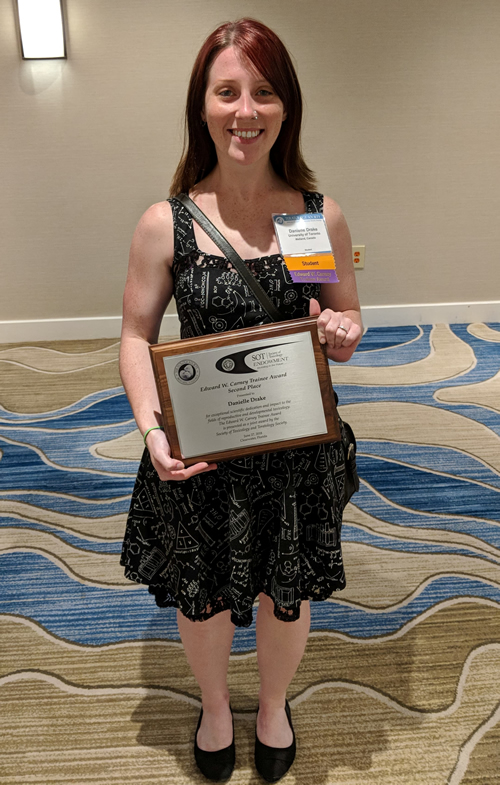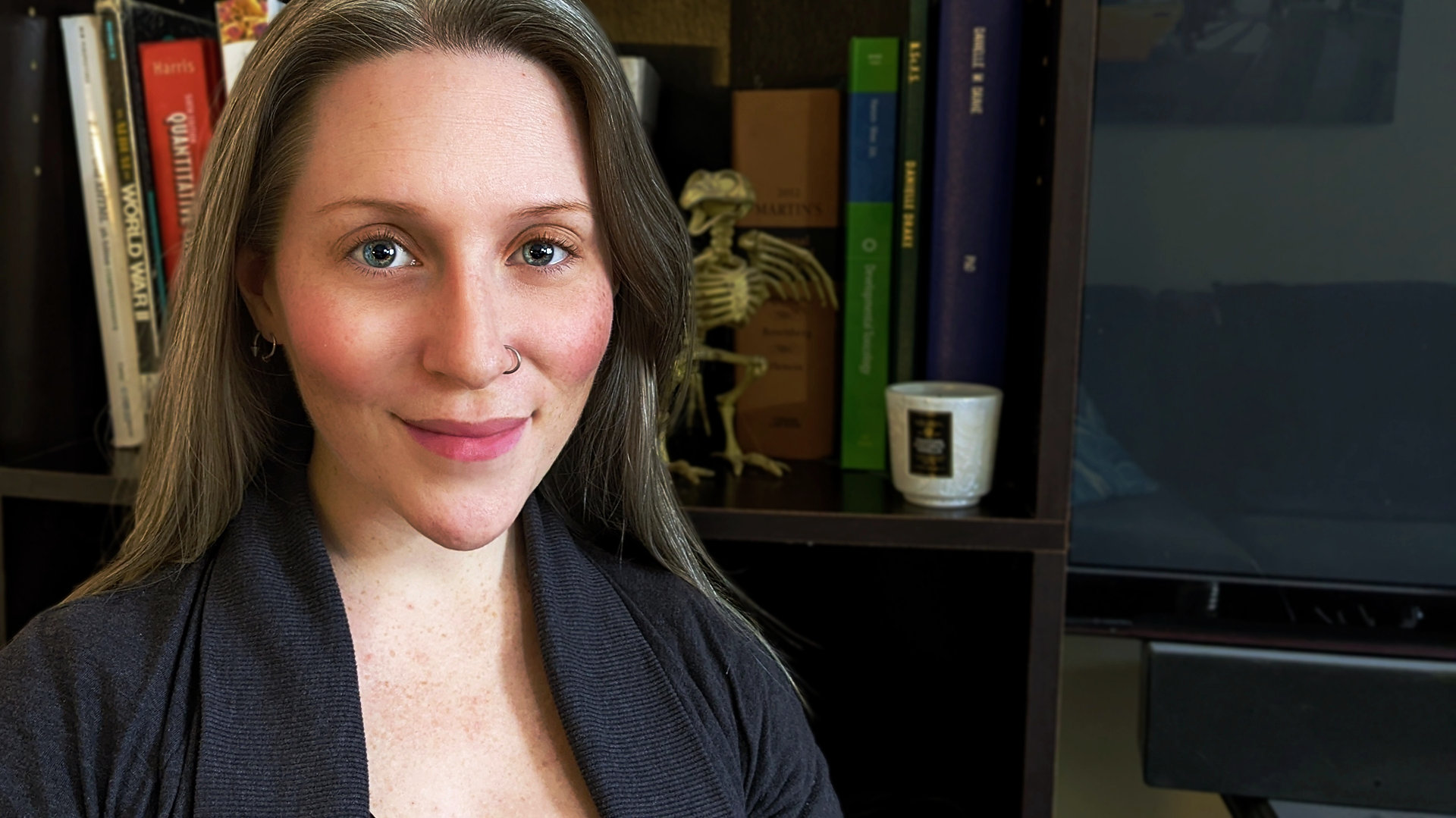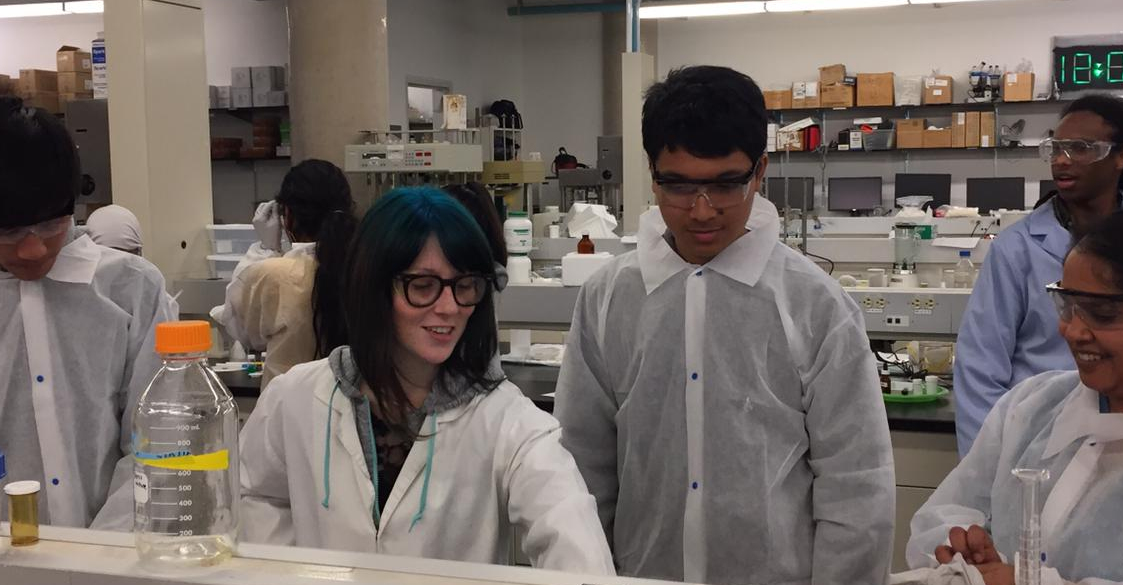Membership
Meet a Member
Danielle M. Drake, PhD
What type of research do you do?
I am a toxicology associate in the pharmaceutical & biotechnology sector at Intrinsik Corp. I primarily review preclinical study reports for pharmaceutical products in development and author documents for regulatory filings. In the documents I author, the known safety and efficacy of the drug in development are detailed. A component of the authoring involves reporting any findings of toxicity observed within fertility and early embryonic development, embryonic and fetal development, pre- and postnatal development, and juvenile studies. Preclinical toxicity findings can aid with regulatory decisions regarding use of contraceptives while taking the drug and about the safety of the drug in embryonic through childhood development.
What is your best tip to succeeding as a birth defects researcher?
Throughout my graduate training and in my role as a toxicology associate, I have found it useful to keep the big picture or major goal in mind, have perseverance, and communicate as transparently as possible. It is easy to get bogged down in the smaller portions or details of the overall project, which can be relieved by taking a step back and remembering why these smaller portions or details are important. Furthermore, sometimes the smaller portions of a project aren’t always successful on the first attempt. Maintaining patience and understanding that each step of the process will likely require multiple attempts can be difficult at times, but very necessary. Lastly, clearer descriptions about conducting studies and their findings can allow for them to be more readily/easily replicated in other laboratories, and with consistent findings appropriate mitigation/therapeutic strategies can be developed.
Why did you choose birth defects research?
My mother is an educational assistant and has helped many students with various conditions/disorders, including autism, ADHD, FASD, Down syndrome, cerebral palsy, epidermolysis bullosa, etc.
I met many of her students over the years and was always inspired by her patience and creative ways of helping these students become more independent. Having the opportunity in Dr. Peter G. Wells’ lab to better understand at least one mechanism contributing to neurodevelopmental disorders was very rewarding. From this research, therapeutic strategies can be developed to mitigate adverse developmental consequences and ensure better health outcomes for individuals at higher risk.
What does it mean to you to be involved in BDRP?
Joining BDRP as a trainee, I found the Society to be a very welcoming and inclusive community, filled with approachable professionals, mentors, and innovative scientists encouraging participation. I am grateful to have already learned so much about birth defect research at the annual meetings, far beyond the scope of my PhD research on neurodevelopmental disorders. I look forward to continued involvement in BDRP and the many networking and training opportunities they provide; and contributing to the collective goal of improving health outcomes and drug safety for future generations.



